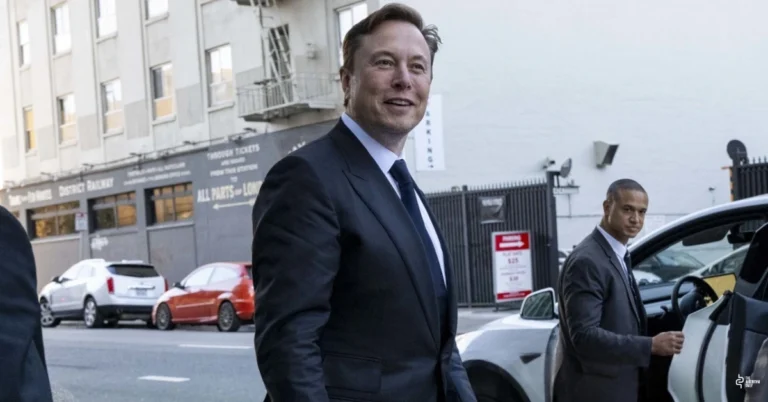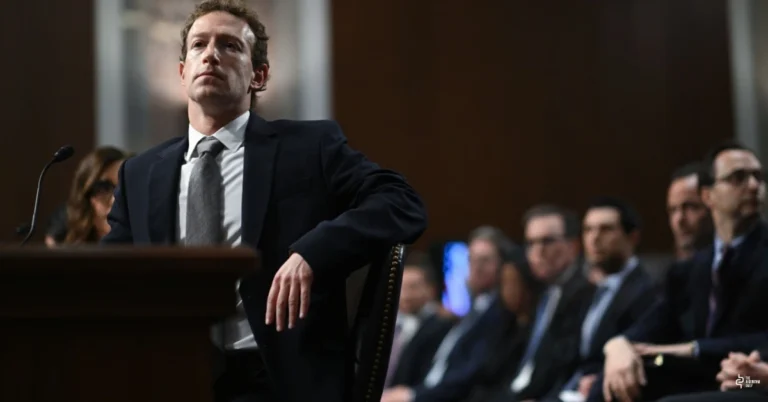Sam Altman, CEO of OpenAI, recently spoke at a live recording of Hard Fork, a tech podcast hosted by The New York Times, where he addressed a range of issues that reflect the growing challenges faced by the company. Speaking alongside COO Brad Lightcap, Altman tackled questions about OpenAI’s legal disputes, internal stability, and the rapidly shifting landscape of AI development.
He began by criticising The New York Times for its legal demands in their ongoing lawsuit, specifically the request to preserve chat logs from users in private mode. Altman made it clear that while OpenAI respects the publication, he views that particular demand as an overreach. His comments reflect broader tensions between AI companies and publishers over data usage and privacy, especially at a time when legal boundaries around training models on copyrighted content remain undefined.
The conversation soon turned to Meta’s attempts to lure OpenAI researchers with massive compensation offers reportedly reaching $100 million. Altman called these efforts “crazy” and confirmed that none of the company’s core researchers had left. He questioned whether copying a team, even with big pay cheques, would produce meaningful breakthroughs. His remarks hint at a deeper belief: that the strength of OpenAI lies not just in individual talent, but in its culture, mission, and shared purpose.
When asked about Microsoft, one of OpenAI’s largest partners and investors, Altman acknowledged there have been moments of tension, describing the relationship as both competitive and collaborative. Still, he stressed that the partnership continues to be mutually beneficial. As both companies work toward developing and distributing advanced AI tools, maintaining alignment will likely be key to their long-term success.
Altman ended the discussion with a surprising comment on his meeting with former U.S. President Donald Trump. He noted that Trump was more engaged in conversations about AI than he had expected, particularly around economic impact and national infrastructure. Reflecting on OpenAI’s broader responsibility, Altman admitted that the company still struggles with how to guide vulnerable users away from potentially harmful interactions with AI. It’s a reminder that, despite the cutting-edge technology, the people behind it are still figuring out how to manage its reach and responsibility.




